Search Results for: Fish
Skip to resultsCan’t find what you’re looking for? Visit our FAQ page.
8,283 results for: Fish
-
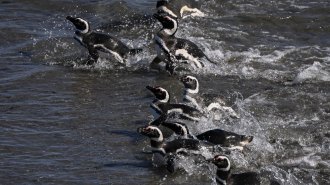 Animals
AnimalsSome penguins save energy by riding ocean currents
When navigating home, Magellanic penguins alternate between heading straight back in calm waters and swimming with the flow in strong ocean currents.
-
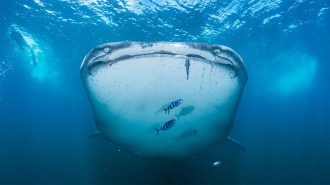 Animals
Animals50 years after ‘Jaws,’ sharks face their own terror
Humans have driven sharks and their cousins to the brink of extinction. The health of the entire ocean is at stake.
-
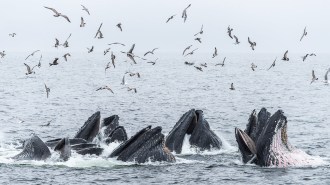 Animals
AnimalsCanadian humpback whales thrive with a little help from their friends
Humpback whales are teaching each other a feeding technique called bubble netting, and it's helping a Canadian population recover from whaling.
-
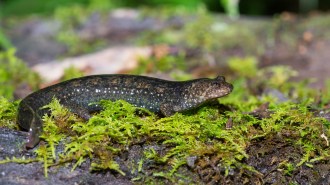 Animals
AnimalsJust like humans, many animals get more aggressive in the heat
From salamanders to monkeys, many species get more violent at warmer temperatures — a trend that may shape their social structures as the world warms.
-
 Humans
HumansNapoleon’s retreating army may have been plagued by these microbes
DNA from Napoleonic soldiers’ teeth uncovered two fever-causing bacteria that may have worsened the army’s fatal retreat from Russia.
By Meghan Rosen -
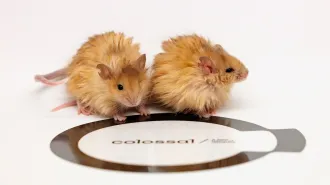 Animals
AnimalsThese are our favorite animal stories of 2025
From clever cockatoos to vomiting spiders, these cool critters captivated us this year.
By Carly Kay -
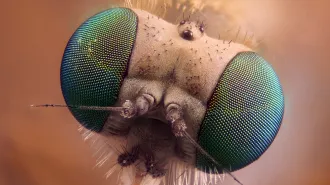 Life
LifeFrom viruses to elephants, nature thrives on tiled patterns
A compilation of 100 examples of biological tilings shows how repeated natural motifs enhance strength, flexibility and other key functions.
By Nikk Ogasa -
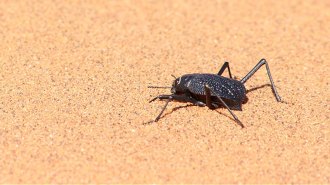 Animals
AnimalsThis desert beetle runs to cool off
After a sprint, the temperature of the beetle Onymacris plana drops. Efficient running, a body built for cooling and a little bit of lift all help.
-
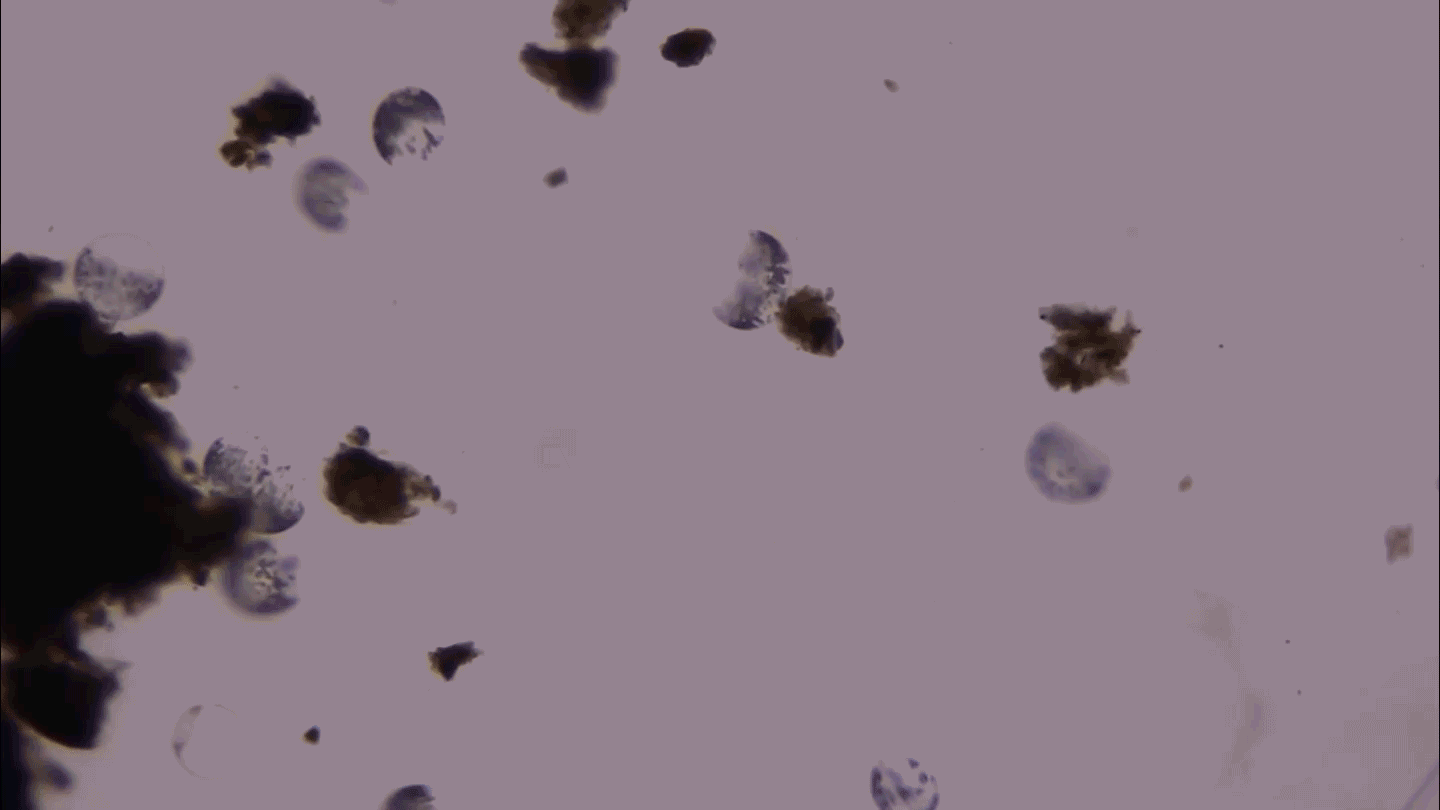 Microbes
MicrobesThis giant microbe organizes its DNA in a surprising way
3-D microscopy shows that the giant bacterium Thiovulum imperiosus squeezes its DNA into peripheral pouches, not a central mass like typical bacteria.
By Meghan Rosen -
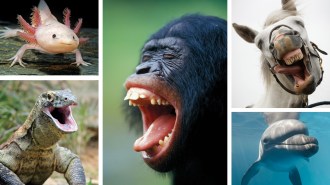 Animals
AnimalsAnimals experience joy. Scientists want to measure it
Scientists have long focused on quantifying fear and other negative emotions in animals. Now they’re trying to measure positive feelings — and it’s a challenge.
By Amber Dance -
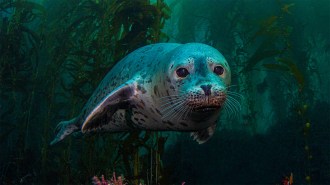 Animals
AnimalsU.S. seal populations have rebounded — and so have their conflicts with humans
Alix Morris’s new book, A Year with the Seals, explores humans’ complicated relationship with these controversial marine mammals.
-
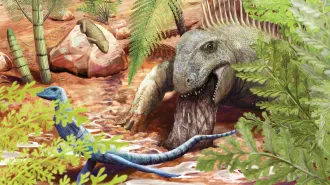 Paleontology
PaleontologyFossilized vomit reveals 290-million-year-old predator’s diet
The regurgitated material from before the time of dinosaurs provides a rare window into the feeding habits of a prehistoric hunter.
By Jay Bennett